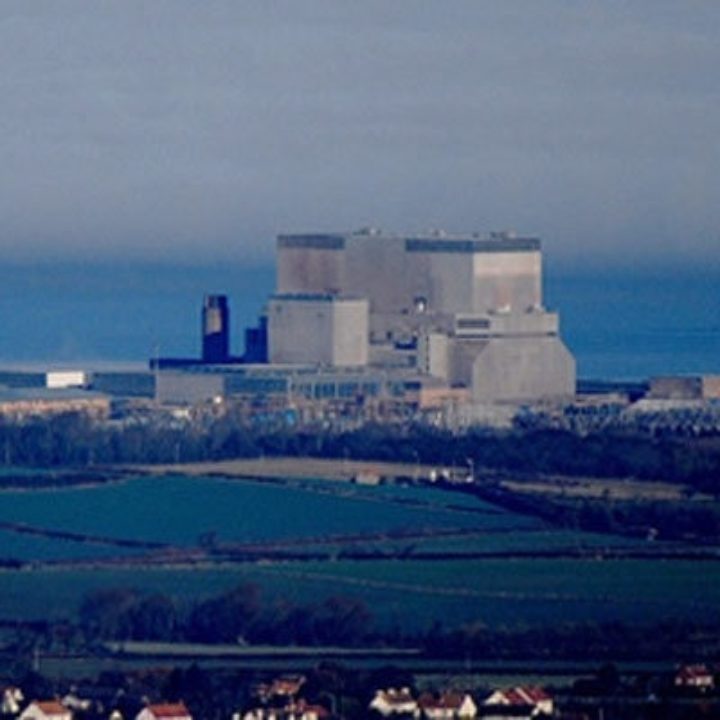Comment on Hinkley nuclear plant approval
Board of EDF has approved the building of a new nuclear power at Hinkley Point in Somerset
By George Smeeton
info@eciu.netShare
Commenting on the news that the board of EDF has approved the building of a new nuclear power at Hinkley Point in Somerset, Richard Black, director of the Energy and Climate Intelligence Unit (ECIU) said: “What’s really striking about Hinkley is that EDF and the French government aren’t just betting the farm on this project, they’re effectively betting the entire hillside, the river at the bottom and the next few hillsides as well.

“With similar reactors in France and Finland seriously over time and over budget, France needs a Hinkley success if it’s to persuade anyone in the West that it’s still a serious player in the global nuclear industry.
“So it’s a risk worth taking for France; but is it for Britain? In a world moving towards cheaper, flexible, decentralised power systems, investing in eye-wateringly expensive always-on ‘baseload’ power plants increasingly looks like a 20th century solution for a 21st century problem.”
Hugo Chandler, director at New Resource Partners, agreed that it wasn’t clear that the project would be ‘good for the UK’.
“This may be good for confidence post the referendum, and good for jobs, and it’s something of a relief to know one way or the other, but it is still not clear that it’s good for the UK. The fact is that Hinkley C’s electricity will be very expensive, as will management of its waste, and we still don’t have a long-term solution for that,” he said.
“When Hinkley C finally does come online it will indeed produce low-carbon electricity, but not as cheaply as offshore wind. And it will need to generate around the clock to justify the cost of building it.
“Then if more reactors follow, we will have a fleet of inflexible behemoths that do not fit well into a market with lots of variable wind power. We need more flexibility, not less. If Hinkley C takes as long to build as Olkiluoto 3 in Finland, also an EPR and 9 years late, it may be born into a system that has outgrown nuclear power altogether.”
Michael Grubb, Professor of International Energy and Climate Change Policy at UCL, said: "With the UK government promising to pay at least £10bn more than the estimated construction costs, it would be astonishing if the EDF Board had not eventually approved Hinkley Point.
"But few people seem to have realised the implications for the UK. Not only will UK consumers be subsidising this right out to 2060, it will through all these decades increasingly force other, cheaper and cleaner power sources off the system. The new UK Ministers really should review this.”